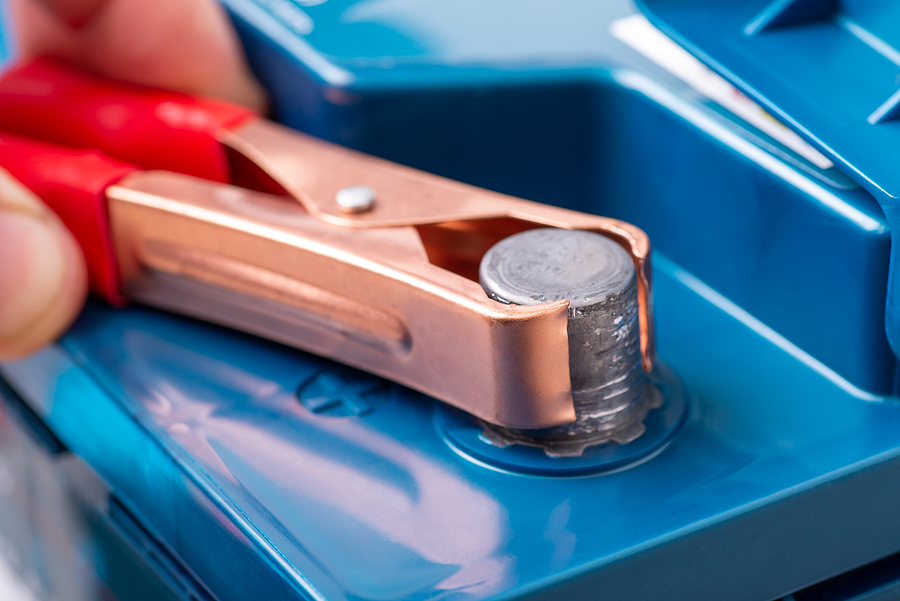In our quest to understand the elements that compose the world around us, we often encounter those that carry a double-edged sword. Lead, a heavy metal that has been used by humans for thousands of years, fits this description all too well. On one hand, it’s a remarkably versatile material, used in everything from car batteries to radiation shielding. On the other, it poses significant environmental challenges when not managed correctly.
In this blog, we aim to demystify the world of lead, exploring its usage, its journey as scrap metal, and the importance of lead recycling for protecting our environment. Join us as we delve into the intricate dance between human society and this staple of the periodic table.

What is Lead and How is it Used in Society?
Lead has been integral to human civilization since prehistoric times. In its pure form, the metal is strong and malleable, making it ideal for a variety of applications. Over the centuries, lead has been used in tools and weapons, plumbing fixtures, paint pigments, and roofing materials. It also serves as an important component in car batteries and radiation shielding. In short, lead has been a trusted part of our lives for quite some time.
Potential Threats of Lead
However, lead is not always handled responsibly, and this presents a real threat to the environment. As it breaks down over time, lead can leach into soil and groundwater sources, where it can be ingested by humans and animals alike. This can have devastating health consequences, particularly in young children. Lead poisoning occurs when lead metal accumulates in the body over time, typically from exposure through contaminated water, paint, or soil. This condition is particularly concerning for children under the age of six, as their growing bodies and developing brains are especially sensitive to the negative effects of lead.
Common symptoms of lead poisoning include abdominal pain, headaches, and fatigue, but the long-term consequences can be much more severe, such as developmental delays, learning difficulties, and even death. It is imperative to prevent exposure to lead in order to protect public health and ensure a safe environment for future generations. To combat these issues, lead metal recycling has become increasingly important for protecting our environment and keeping it safe for future generations.
Scrap Lead Recycling
The lead recycling process begins with the collection of scrap metals containing lead, which can be found anywhere from old buildings to landfills sites. This material is then melted down and processed to remove any unwanted materials such as paint or plastic. The lead is then melted down once again, and the molten metal is poured into molds to create new products or components. This process can be repeated multiple times with a single batch of scrap metal, ensuring that every bit of lead is reused and repurposed multiple times over.
Lead recycling has a number of benefits, both for the environment and for human society as a whole. By recycling lead rather than simply discarding it, we can cut down on the amount of hazardous waste that ends up in landfills and oceans. In addition, metal recycling is far more cost-effective than mining new ore for use in production processes, which can translate into lower costs for consumers and businesses alike.
Wrapping Up
As this blog has hopefully made clear, lead is an incredibly versatile material that brings both benefits and risks. By understanding its journey from raw ore to scrap metal and then to recycled materials, we can all be part of the solution when it comes to properly managing this important element. Through careful stewardship and responsible recycling practices, we can ensure that lead continues to play a vital role in our lives without putting our environment at risk. So, let’s make sure to take the necessary steps to protect our environment and keep lead out of the wrong hands. With some effort, we can all play a role in preserving the planet for future generations.
Are you interested in recycling your scrap metal and metal commodities for cash on the spot? Contact Zore’s Recycling at 317-244-0700 to learn more about how our Indianapolis scrap metal recycling services can benefit your bank account. We also offer free towing for those who wish to recycle a junk car. We pay cash on the spot for all metal scrap, including vehicles.
Related Posts:
Understanding the Economic Impact of Scrap Metal Recycling
Metal Recycling Facts for Various Types of Batteries
What Are the Different Types of Metals that Can Be Recycled?
